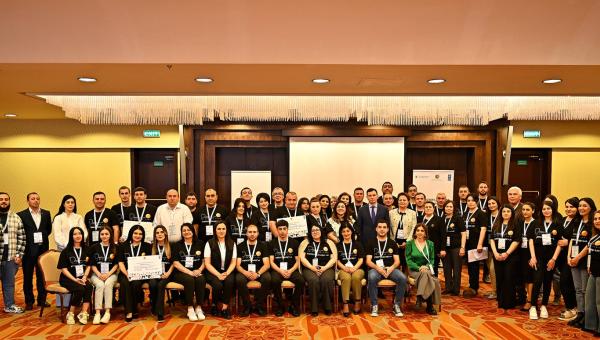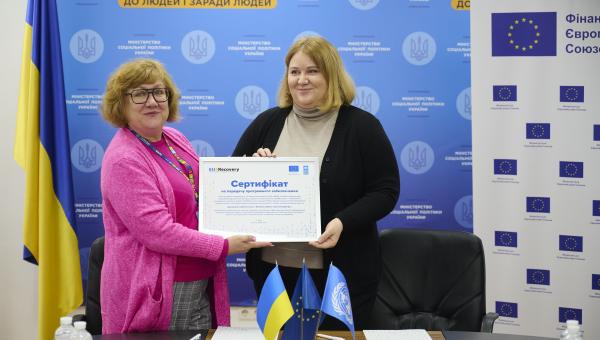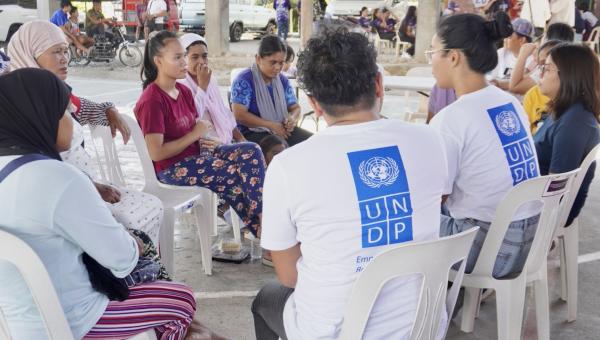Public finance for development in Montenegro
Summary:
Over the past decade, Montenegro has made steady progress in improving human development, democratic governance, and European integration, which is a priority of the Government. The need to further improve public finance management is set as one of the key areas of the Public Administration Reform. It is recognized as essential for further development of all sectors of the economy and better quality of life for the citizens. The Public Finance Management Reform Programme sets down Montenegro's key reform plans to increase accountability, efficiency and effectiveness in managing public resources.
Objectives:
In the scope of the project, UNDP Montenegro is developing a three-fold intervention. The first part of the intervention is aimed at accrual accounting. The existing accounting system, based on a modified cash basis, only partially meets the requirements of external users for information, primarily from international financial institutions. The project will address this by providing assistance to the Ministry of Finance to improve the public sector accounting and reporting systems. The second part of the intervention relates to the provision of technical assistance for the implementation of the budget support by the Slovak Ministry of Finance to their Montenegrin counterparts in the area of games of chance. The third component relates to public finance at the local level. Most of the local self-government units are in difficult financial situation, due to high indebtedness and outstanding liabilities. These were mainly caused by: economic and financial crisis, changes in regulations of financing of local self-government units, as well as high level of public spending at the local level. Thus, a number of activities will be targeted toward improving transparency and accountability public finance at the local level in the municipalities. These endeavours are in line with EU accession priorities, as well as SDG 17 – Partnerships for the Goals.
Activities:
Project activities are organized around the three general pillars:
- Transition from modified cash-based to accrual accounting through the reform of normative framework and increasing professional capacities for the implementation of the newly established accounting system
- Electronic fiscalization in the area of games of chance through the revision of the existing Law on Games of Chance and developing software solutions for online supervision of games of chance;
- Improving public finances at local level through a number of reforms, such as: adoption of the Law on Local Self-Governments Financing, developing relevant bylaws and software (Revolving fund, Equalization fund, etc.), methodology and procedures for assessment of fiscal risk within public enterprises and local governments, as well as for improving collection of revenues at local level, developing regulatory impact assessment (RIA) manuals and training of the relevant municipal representatives for preparing regulatory impact assessments at local level, etc.
Expected results:
Public finance reform is widely regarded as one of the most important topics in Montenegro. On the other hand, it is one of the most successful areas in Slovakia’s economic transition. In light of this, in 2009 the UNDP Bratislava Regional Centre and the Ministry of Finance of the Slovak Republic signed an agreement to implement the Public Finance for Development programme as part of Slovakia’s official development assistance effort in four beneficiary countries: Moldova, Montenegro, Ukraine and Serbia. This is an example of an inclusive development partnership, which implies the transfer of the Slovak knowledge and technical expertise to Montenegro, as the beneficiary country. Both partners realize that public finances matter for sustainable development. Hence, the objective is to provide policy advice to governmental partners; capacity assessment; institutional development; trainings, workshops; study visits etc.

 Locations
Locations




